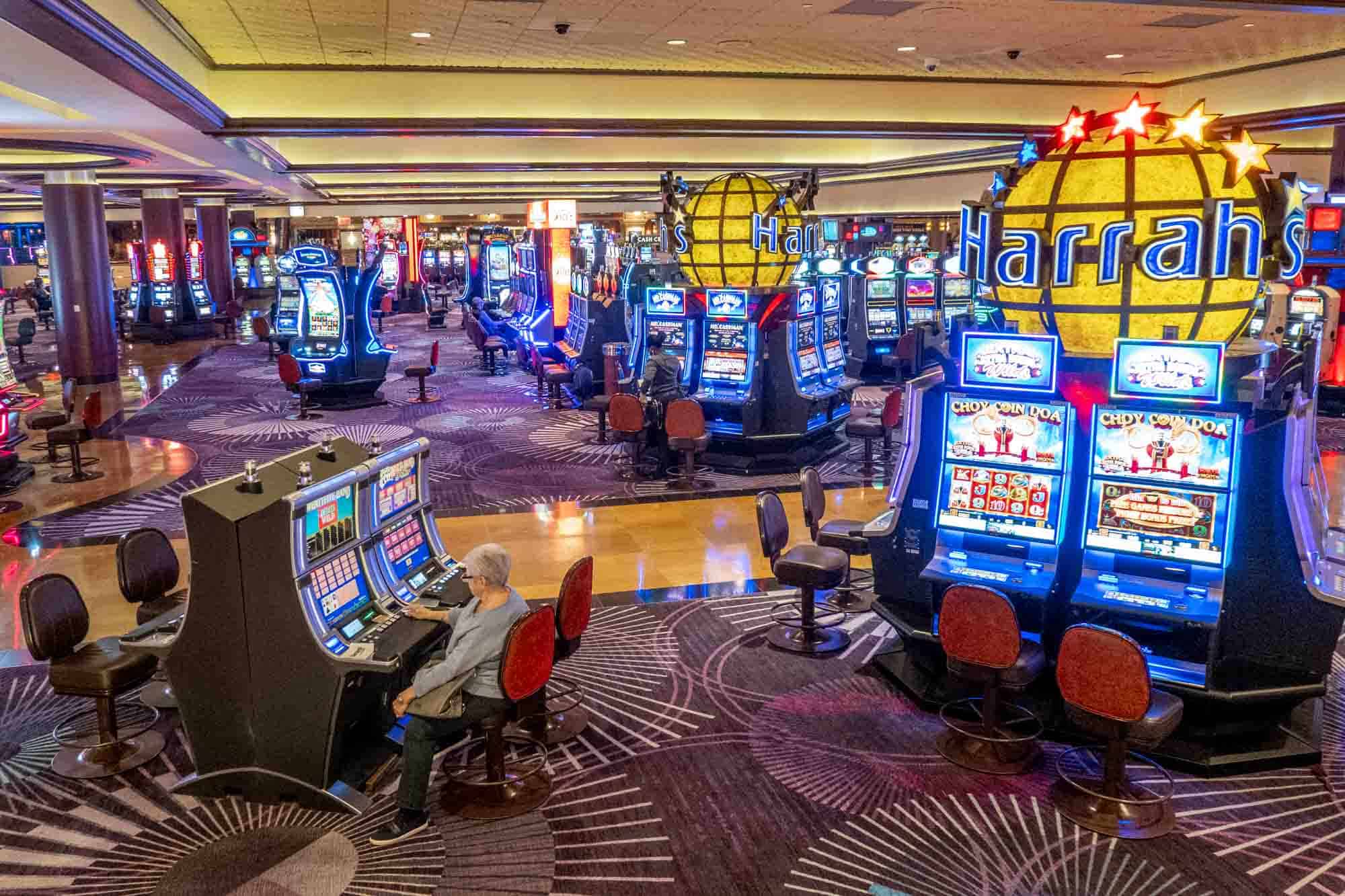
Casino games have long captured the imagination of people around the world, becoming an essential part of both leisure and culture. From the glimmering lights of the Vegas Strip to the immersive experience of online gaming, these experiences evoke enthusiasm, uncertainty, and sometimes even a sense of nostalgia. Kết quả bóng đá They are beyond just entertainments; they have woven themselves into the fabric of society, influencing various aspects from cinema and songs to fashion and books.
The charm of casino games goes beyond the wagering aspect, tapping into broader themes of fortune, risk, and psychology. As players gather around a poker table or rotate the wheel of fortune, they engage in an timeless ritual that connects with our communal desire for excitement and instability. This captivation has led to the rise of countless references in films, music, and video games, showcasing how intensely entrenched these games are in pop culture. Whether it is the intense drama of a traditional heist movie or the colorful nightlife portrayed in videos, casino games have created a substantial niche that reflects our relationship with risk and reward.
Cultural Importance of Gambling Games
Gambling activities have played a crucial role in cultural contexts throughout history. Stemming from ancient civilizations, games of chance were often linked to ceremonies or events. For example, early iterations of gambling can be traced back to historic China and the Romans, where dice games and betting on results were popular pastimes. These games not only served as entertainment but also as means of connecting people, facilitating connections among individuals within communities.
As cultures evolved, so did the complexity and organization of gambling games. The establishment of official casinos in the 17th century, particularly in Italy, marked a major shift in how games were perceived and structured. With designated spaces for gambling, the casino became a social hub where patrons from different backgrounds convened. This evolution contributed to the validation of gambling, transforming it from a mere pastime into an organized industry that influenced the economy and policy.
The impact of casino activities on popular culture cannot be understated. As they were popularized in literature and film, games such as poker and 21 became symbols of risk, luck, and strategy. Famous figures and stories have developed around these games, reflecting societal views towards luck, wealth, and immorality. This fascination with casino activities has infiltrated various forms of media, cementing their place in the public imagination and linking them to broader cultural stories throughout the ages.
Portrayal of Casino Games in Entertainment
Casino activities have long been a popular subject in different types of entertainment, reflecting both the thrill and nuances of the world of gambling. Films such as Ocean’s 11 and Casino Royale portray characters who navigate intense situations, showcasing not only the attractiveness of the casino atmosphere but also the methods and decisions that come with playing popular games like Texas Hold’em and blackjack. These films often dramatize the thrill of winning and the potential results of losing, encapsulating the risks involved in gambling. tỷ lệ kèo nhà cái
Television shows have also explored the realm of casino games, often integrating them into the storyline as a backdrop for character development and drama. Series like Las Vegas depict the lives of gambling employees and customers, highlighting the vibrant, often disorderly energy of the gaming floor. Reality shows featuring intense gambling competitions further emphasize the fascination of casino games, drawing viewers into the tension and strategy involved in each round. Through these depictions, media not only entertains but also stimulates conversations about luck, skill, and the essence of randomness.
Gaming have increasingly included casino games into their design, allowing players to simulate the feeling of betting without financial risk. Games within the realm of online gaming often include online slot machines, poker, and other casino favorites, creating an interactive experience that mirrors actual casino experiences. These virtual portrayals make gambling activities accessible to a global audience, appealing to both players who indulge and those who enjoy the excitement of virtual experiences. As a result, the representation of casino games in media continues to shape societal views and cultural significance, highlighting their place in society and the cultural landscape.
Effect of Casino Games on Communities
Casino games have a meaningful impact on communities, influencing various facets of culture and interpersonal behavior. They often function as a venue for social interaction, where people come together to experience a common experience. Game nights with friends or trips to casinos become group events that foster connections and create memories. This communal aspect enhances the entertainment value of gambling activities, making them a favored choice for festivities and leisure activities.
Moreover, gambling activities have been portrayed in countless movies, television shows, and literature, influencing views and opinions towards gambling and gaming. Icons like James Bond competing in baccarat or the intense poker scenes in films have embedded these games in the collective imagination. This depiction often idealizes the lifestyle associated with gambling, attracting new players and impacting trends in both fashion and behavior. These portrayals can spark curiosity and lead to a deeper exploration of the nuances of gambling.
However, there are also negative implications linked to the widespread appeal of casino games. The temptation of quick monetary gain can lead to gambling addiction and financial troubles for some people. The community must grapple with these issues, promoting responsible gaming and education of the dangers involved. Finding a balance between the entertainment value of casino games with the risks is crucial to ensure that they continue to be a beneficial aspect of our cultural landscape.